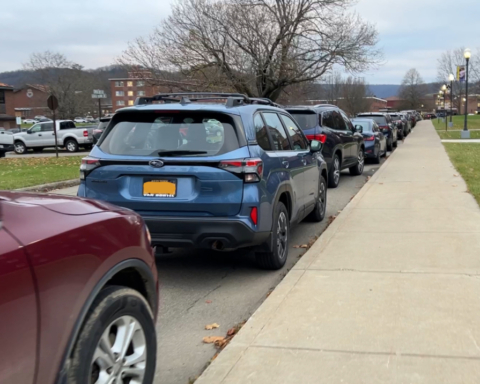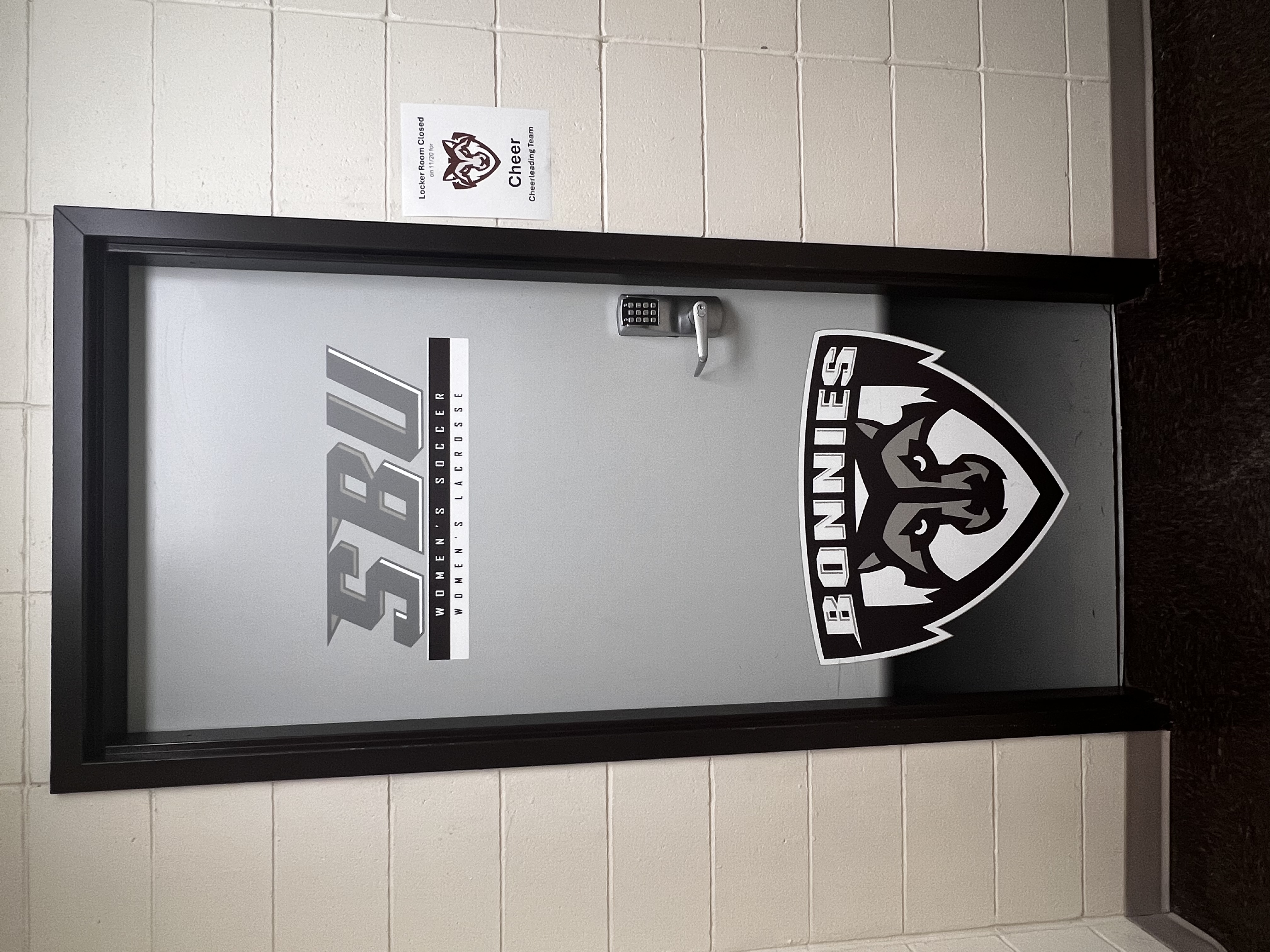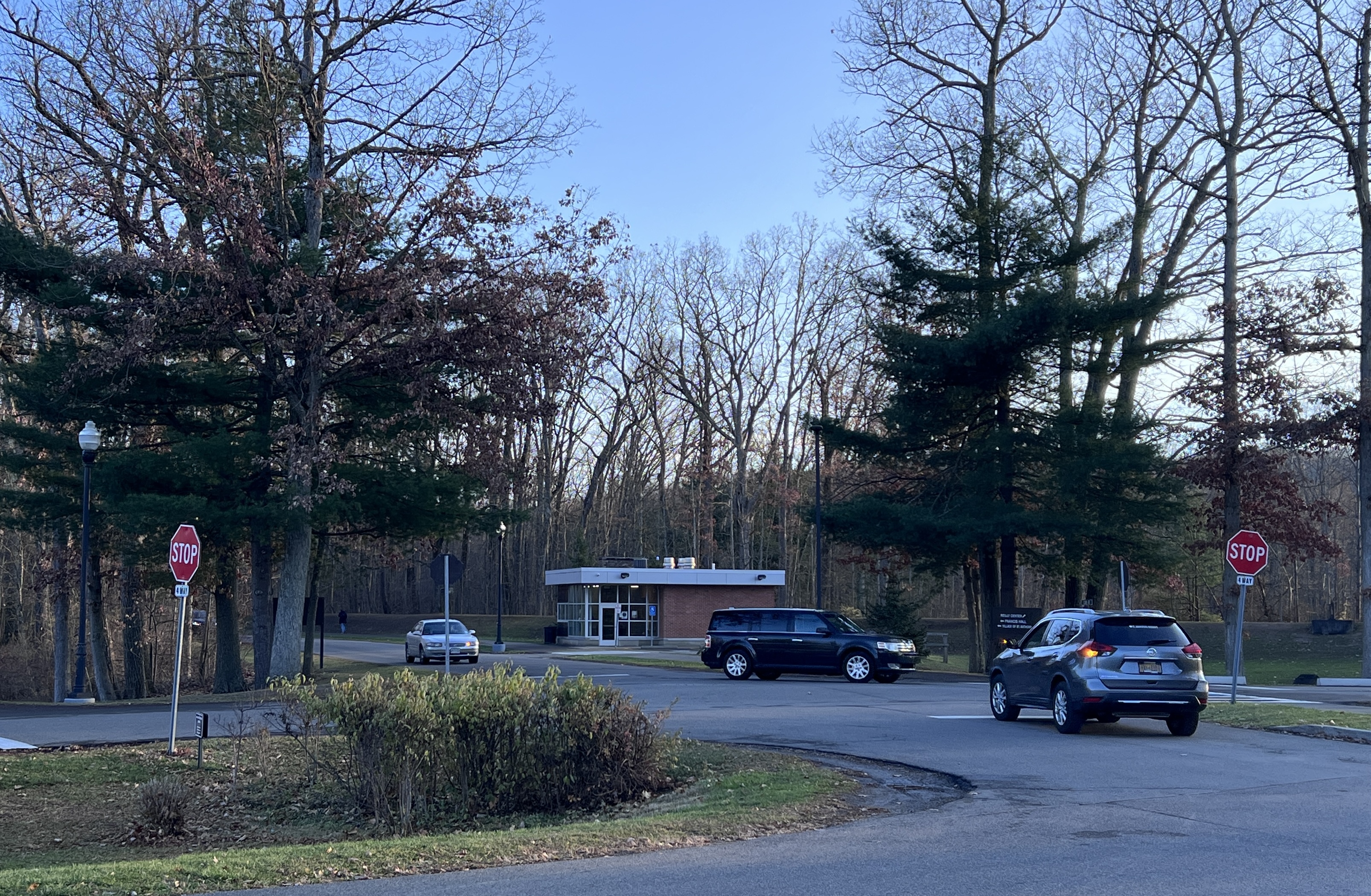By Rachel Konieczny
News Editor
Award-winning documentary filmmaker Whitney Dow discussed the Whiteness Project as part of the RaceMatters campus dialogue series, focusing on the role of race in American society.
Richard Trietley, vice president for student affairs, began the presentation on Wednesday by thanking the Student Government Association (SGA), student affairs division, University Ministries and the provost office for sponsoring the event. JW Cook, junior political science major, introduced Dow.
Dow said his idea to create the Whiteness Project stemmed from several events in his life, which he called “racial epiphanies.” He experienced one of these moments at age 14 when he worked as a counselor at a local YMCA in Boston. Dow said he took his kids, most of whom were black and Puerto Rican, to a local pool, and a group of men threatened him that someone would be harmed if the teens entered the pool.
“It was a completely disorienting experience, a humiliating experience, and I realized I didn’t have the language to explain to them why they couldn’t go into the pool,” Dow said. “One of the most disorienting pieces of that time was they understood instantly.”
Dow said his second “racial epiphany” occurred when his sister asked him to pick up her friend from the airport. Dow, not realizing she was black, failed to identify the friend.
“I was looking at her the whole time, and I realized that I couldn’t see her,” Dow said. “This was another very disorienting moment for me to look at her and realize this is my sister’s friend, and because of the way I saw myself in the world, that without that information, [that she was black] I couldn’t even see this person standing in front of me.”
Dow described the goal of the Whiteness Project as a catalyst for debating the role of whiteness in American society and encouraging white Americans to participate in the ongoing discussions of the role of race in American society. The project, produced in collaboration with Columbia University’s Interdisciplinary Center for Innovative Theory and Empirics (INCITE), will include 1,000 subjects from different communities across the United States.
Dow also mentioned his earlier project, Two Towns of Jasper, a film about the murder of a black man by three white men in Jasper, Texas. Dow worked with fellow filmmaker and friend Marco Williams in producing the film. Williams, a black man, collected different stories from the residents of Jasper than Dow gathered.
Dow said he, as a white man, was perceived as a threat despite his good intentions.
“There were two things that came out of this project,” Dow said. “One was the very sobering reality that there were some divides that I would be unable to cross. There are experiences in the world, what we carry inside of us, that were so deep that we couldn’t bridge them.”
Dow showed clips of his project during the presentation, which included interviews from residents of Buffalo and Dallas, Texas.
Dow said that before working on the project, he had not processed who he was and failed to see that his life as a white male had a powerful racial identity.
 “I realized that I was looking at problems outside of me,” Dow said. “I want to be the person to solve the racial injustice.”
“I realized that I was looking at problems outside of me,” Dow said. “I want to be the person to solve the racial injustice.”
koniecrc14@bonaventure.edu





